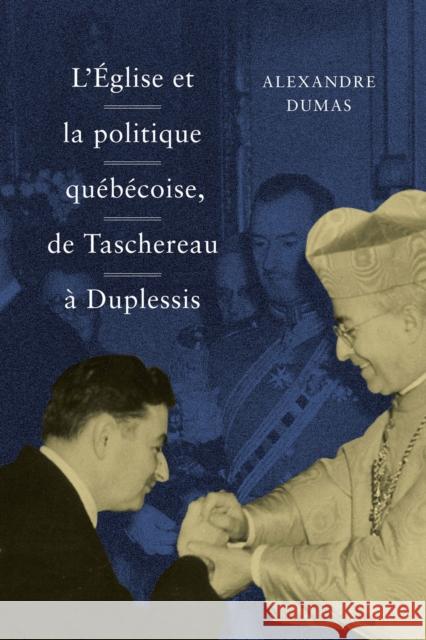L' Église Et La Politique Québécoise, de Taschereau À Duplessis: Volume 36 » książka
L' Église Et La Politique Québécoise, de Taschereau À Duplessis: Volume 36
ISBN-13: 9780773556706 / Francuski / Twarda / 2019 / 352 str.
According to historian Denis Vaugeois, when it comes to the history of the Maurice Duplessis government, people have been making up stories for the last six decades. In politics, the generally accepted image of pre-Quiet Revolution Quebec is that of a society crushed by a ubiquitous Catholic Church, complicit with a corrupt Union Nationale government. The 1960 rise to power of Jean Lesage's Liberal Party was what put an end to that powerful alliance and allowed Quebec to enter modernity. Could it be that the Catholic clergy's political leanings differed from this popular conception, and always had? L'Eglise et la politique quebecoise, de Taschereau a Duplessis reconsiders preconceived notions about the historical role of the Catholic Church within Quebec politics. The clergy's electoral support of the Union Nationale, the church's unwavering opposition to women's right to vote, the clerical origins of the Padlock Law, and the Montreal archbishop's support of fascist leader Adrien Arcand are all ideas that have been wholly accepted by historians - ideas that this book puts into question. Consulting archives that have never before been made available, Alexandre Dumas comes to the surprising conclusion that Quebec's Catholic Church was perhaps more sympathetic to the Liberal Party than to the Union Nationale. When it came to the relationship between church and state, Maurice Duplessis was on the same continuum as his Liberal counterparts.











